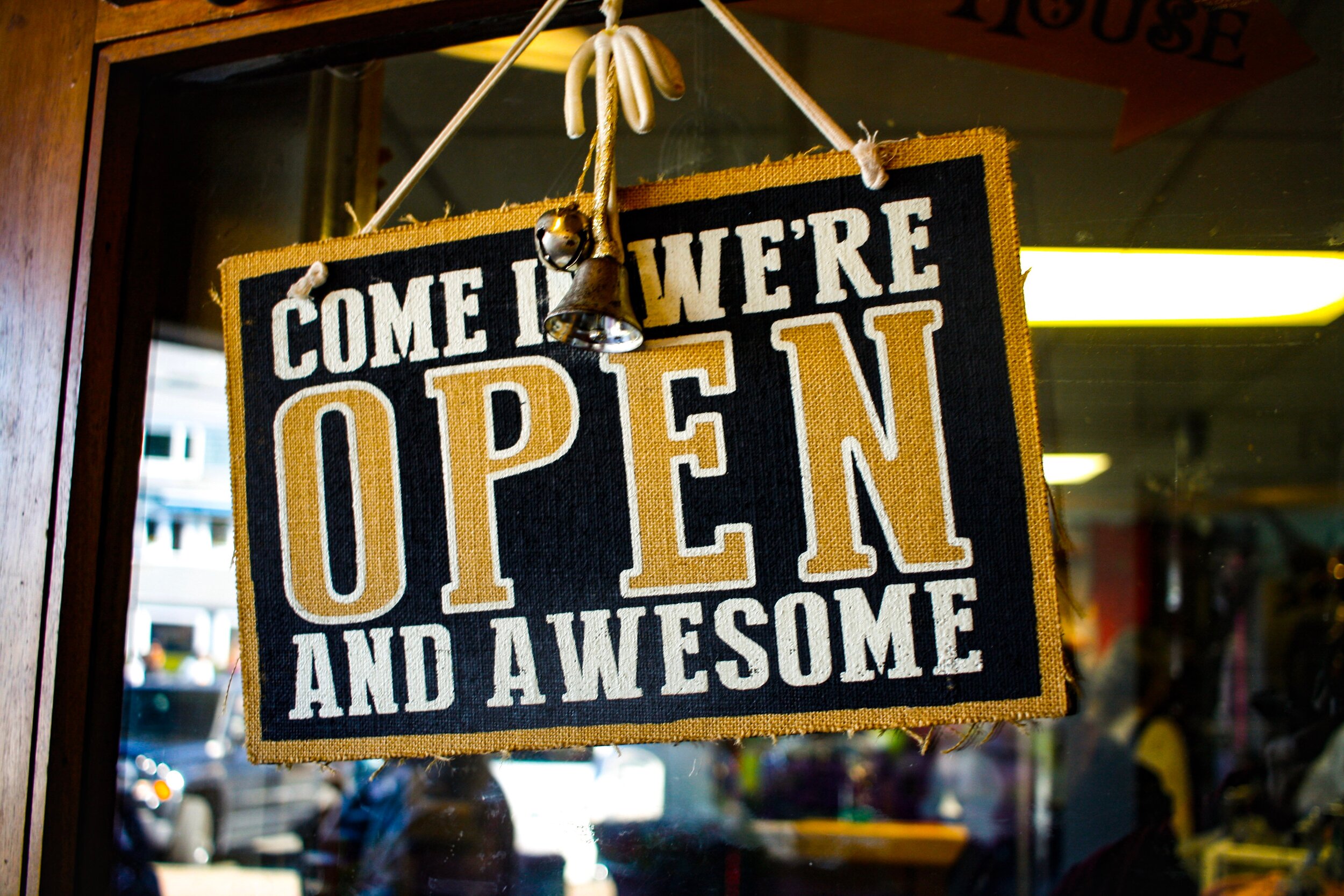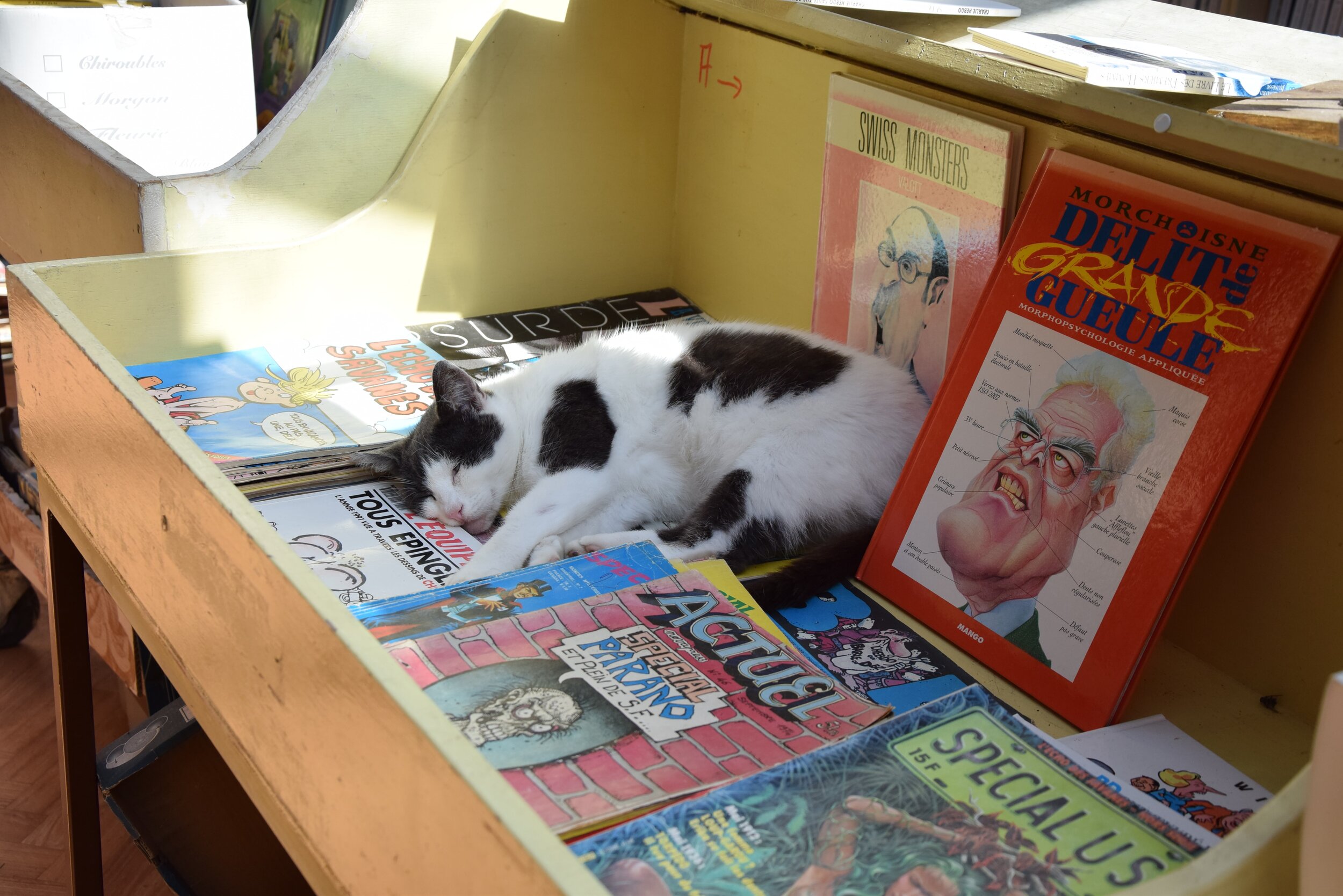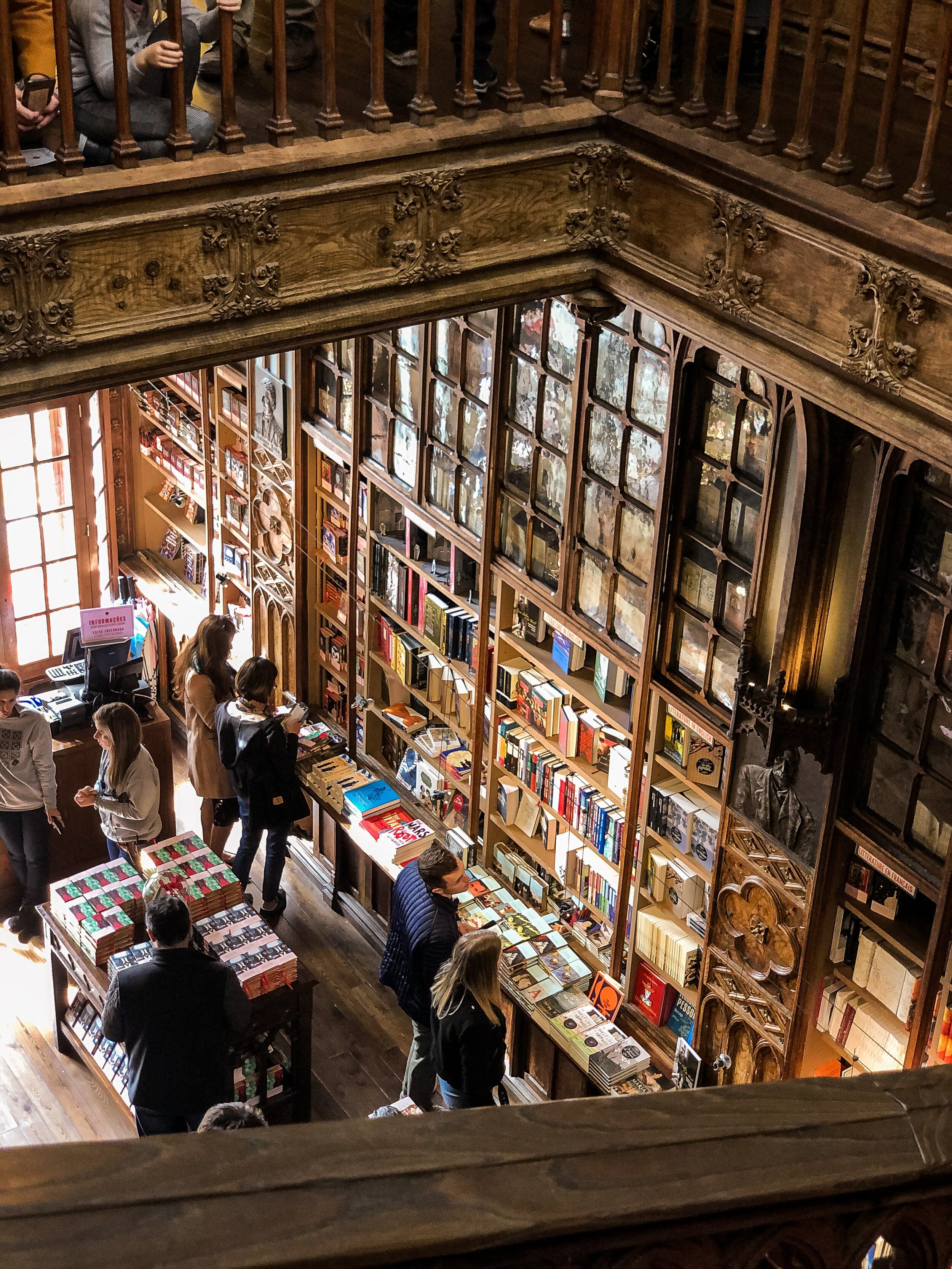Mr. Jaffe, We Miss You
Does your city encourage independent retailers and shop owners with a community spirit?
Does your city encourage independent retailers and shop owners with a community spirit?
By The Empty Square
Photo: Vania Rivalta/Unsplash
Does your city encourage independent retailers and shop owners with a community spirit?
Ever heard of Mr. Jaffe? Apart from selling snacks, drinks, and newspapers, this is what Mr. Jaffe, who used to be a kiosk owner in Greenwich, NYC, typically did on a Monday morning:
”[he]… supervised the small children crossing at the corner (…); lent an umbrella to one customer and a dollar to another; took custody of two keys; took in some packages for people in the next building who were away; lectured two youngsters who asked for cigarettes; gave street directions; took custody of a watch to give the repairman across the street when he opened later; gave out information in the range of rents in the neighbourhood to an apartment seeker; listened to a tale of domestic difficulty and offered reassurance; told some rowdies they could not come in unless they behaved and then defined (and got) good behaviour; provided an incidental forum for half a dozen conversations among customers who dropped in for oddments; set aside certain newly arrived papers and magazines for regular customers who would depend on getting them; advised a mother who came for a birthday present not to get the ship-model kit because another child going to the same birthday party was giving that…”.*
“[He]provided an incidental forum for half a dozen conversations among customers who dropped in for oddments ...”
Photo: Jason Leung/Unsplash
Mr. Jaffe, who lives on in Jane Jacobs’ book, The Death and Life of Great American Cities, constitutes a person and a function that can hardly be overvalued when it comes to community creation.
If you have a Mr. or a Mrs. Jaffe in your neighbourhood, consider yourself lucky. Remember to pay him or her a visit – soon!
Where we live, they are a dying breed.
*Read – or read it again: Jane Jacobs’ classic The Death and Life of Great American Cities (Penguin Books, 1961)
Shops, Digitization, And Human Warmth
Digitization has long been a buzz word for retailers. According to Doug Stephens, one of the world’s foremost retail futurists, many owners of (physical) shops seem to believe that digitization is what will save them in the future and they see (almost any kind of) digital development as a ‘strategic investment’. But the fact is, says Stephens, “that no one needs a digital experience at all”.
Digitization has long been a buzz word for retailers. According to Doug Stephens, one of the world’s foremost retail futurists, many owners of (physical) shops seem to believe that digitization is what will save them in the future and they see (almost any kind of) digital development as a ‘strategic investment’. But the fact is, says Stephens, “that no one needs a digital experience at all”.
By The Empty Square
Photo: Square Lab/Unsplash
Digitization has long been a buzz word for retailers. According to Doug Stephens, one of the world’s foremost retail futurists, many owners of (physical) shops seem to believe that digitization is what will save them in the future, and they see (almost any kind of) digital development as a ‘strategic investment’. But the fact is, says Stephens, “that no one needs a digital experience at all.*
What people seek are memorable, meaningful experiences. Inspiring surroundings and conversations. Super competent guidance, knowledgeable staff and human contact. Planning for unique experiences, not digitization, is what retailers should be setting out to do, according to Stephens.
Likewise, it won’t be what you sell but how you sell it that’ll make the difference. We can order any product in the world, but we can’t order the smile, the greetings, the dialogue, the surprise around the corner, the smells, the inspiration that come along with a real life experience.
If retailers succeed in responding to the social and sensuous needs, shoppers can be looking forward to an era where physical shops will again be magic places providing great everyday experiences and meaningful relations.
It’ll also mean that retail workers in the future will need special professional, creative, and social qualifications that will heighten their position, status, and wages. Working in the retail industry will again be a profession that you can be proud of – not ‘just a job’.
See Doug Stephens: Reengineering Retail – the Future of Selling in a Post-Digital World (Figure 1 Publishing Inc., 2017), p.239.
Everyday Beauty: An Interview With Katherine Ines
If we were aware of the true cost, value, and (possible) beauty of the stuff we buy, would our towns, cities, and world look any different?
If we were aware of the true cost, value, and (possible) beauty of the stuff we buy, would our towns, cities, and world look any different?
By The Empty Square
Katherine Ines. Photo: The Empty Square
If we were aware of the true cost, value, and (possible) beauty of the stuff we buy, would our towns, cities, and world look any different?
Meet one of the few remaining tailors in Copenhagen, Katherine Ines. She examines the potential in relearning what things are really worth.
Essential questions pop up: Does beauty hold a place in our everyday life? Why is it important to have workshops in our cities? What happens when the production of things disappears from street level?







